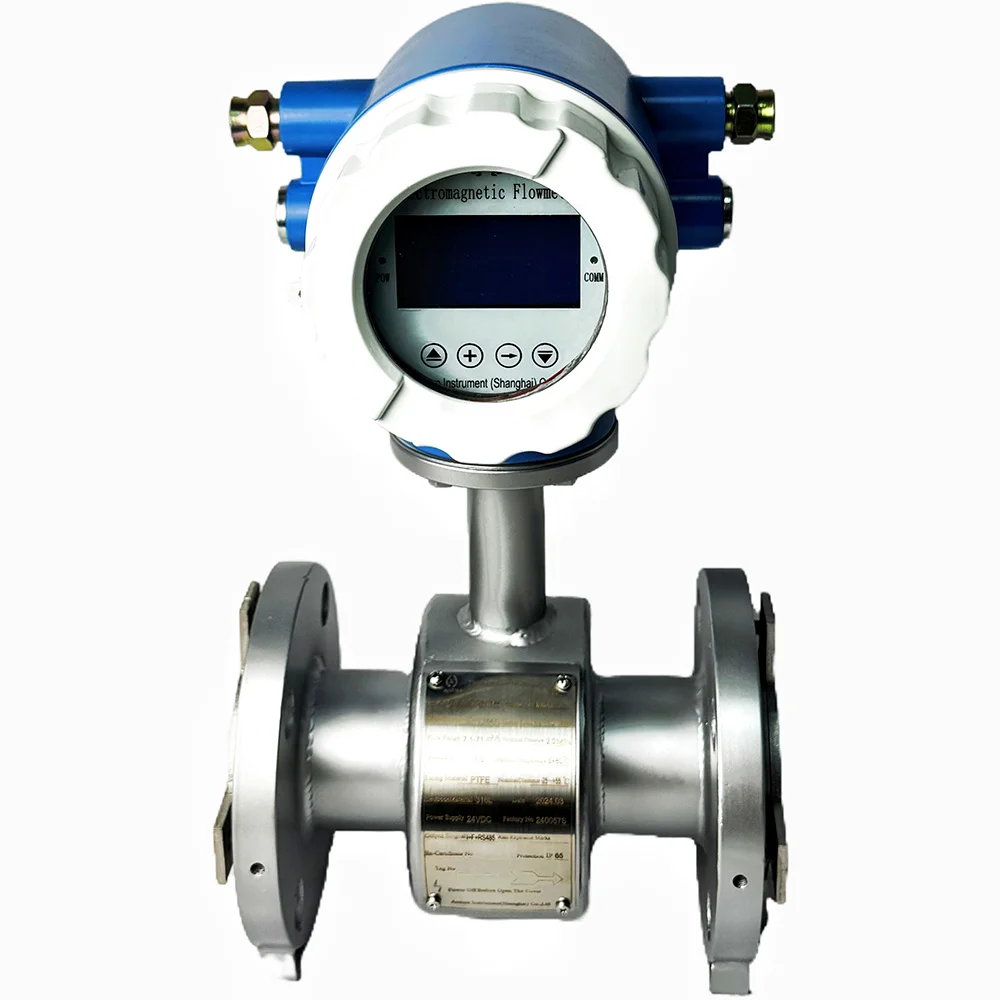Starting a financial planning business can be a rewarding venture, both personally and financially. However, like any entrepreneurial endeavor, it requires careful planning and a clear understanding of the associated costs. In this article, we will delve into the various expenses involved in launching a financial planning practice, providing you with a detailed roadmap to navigate this complex landscape.
Understanding the Financial Planning Landscape
Before we explore the costs, it's essential to understand the financial planning industry. Financial planners help clients manage their finances, set goals, and make informed investment decisions. The demand for financial planning services has surged in recent years, driven by an aging population, increased financial literacy, and a growing awareness of the importance of financial wellness. This trend presents a lucrative opportunity for aspiring financial planners.
Initial Costs of Starting a Financial Planning Business
- Education and Certification:
- Cost: $2,000 - $10,000+
- To establish credibility in the financial planning industry, obtaining relevant certifications is crucial. The Certified Financial Planner (CFP) designation is one of the most recognized credentials. The costs associated with education, exam fees, and study materials can vary significantly based on your prior knowledge and the programs you choose.
- Business Registration and Licensing:
- Cost: $500 - $2,000
- Registering your business and obtaining the necessary licenses is a fundamental step. Depending on your location, you may need to register as a sole proprietor, LLC, or corporation. Additionally, financial planners often require specific licenses, such as the Series 65 or Series 7, which may involve examination fees and continuing education costs.
- Insurance:
- Cost: $1,000 - $3,000 annually
- Professional liability insurance (errors and omissions insurance) is essential to protect yourself against potential lawsuits. The cost varies based on your location, the size of your practice, and the coverage limits you choose.
- Office Space and Utilities:
- Cost: $500 - $3,000 monthly
- While many financial planners start their businesses from home to save costs, renting office space can enhance professionalism and client trust. Consider the costs of utilities, internet, and office supplies as well.
- Technology and Software:
- Cost: $1,000 - $5,000+
- Investing in financial planning software is critical for efficient client management and financial analysis. Popular tools like eMoney Advisor or MoneyGuidePro can range from $1,000 to $5,000 annually, depending on the features you need.
Ongoing Operational Costs
- Marketing and Branding:
- Cost: $500 - $5,000+
- Building a strong brand and marketing your services is vital for attracting clients. This may include website development, social media advertising, and traditional marketing methods. The costs can vary widely based on your strategy and target audience.
- Continuing Education:
- Cost: $500 - $2,000 annually
- The financial planning industry is constantly evolving. Staying updated with the latest regulations, investment strategies, and financial products is essential. Budgeting for continuing education courses and seminars is a wise investment.
- Client Acquisition Costs:
- Cost: $1,000 - $10,000+
- Acquiring clients can be one of the most significant ongoing expenses. This includes networking events, referral programs, and lead generation services. The cost will depend on your approach and the effectiveness of your strategies.
Financial Projections and Break-Even Analysis
Understanding your financial projections is crucial for the sustainability of your financial planning business. Create a detailed budget that outlines your initial and ongoing costs. Estimate your revenue based on the number of clients you expect to acquire and the fees you plan to charge. A break-even analysis will help you determine how long it will take to cover your initial investment and start making a profit.
Conclusion: Planning for Success
Starting a financial planning business requires a significant investment of time, money, and effort. By understanding the various costs involved, you can create a comprehensive business plan that sets you on the path to success. Remember, the initial expenses are just the beginning; ongoing investment in your education, marketing, and client relationships will be crucial for long-term growth.






